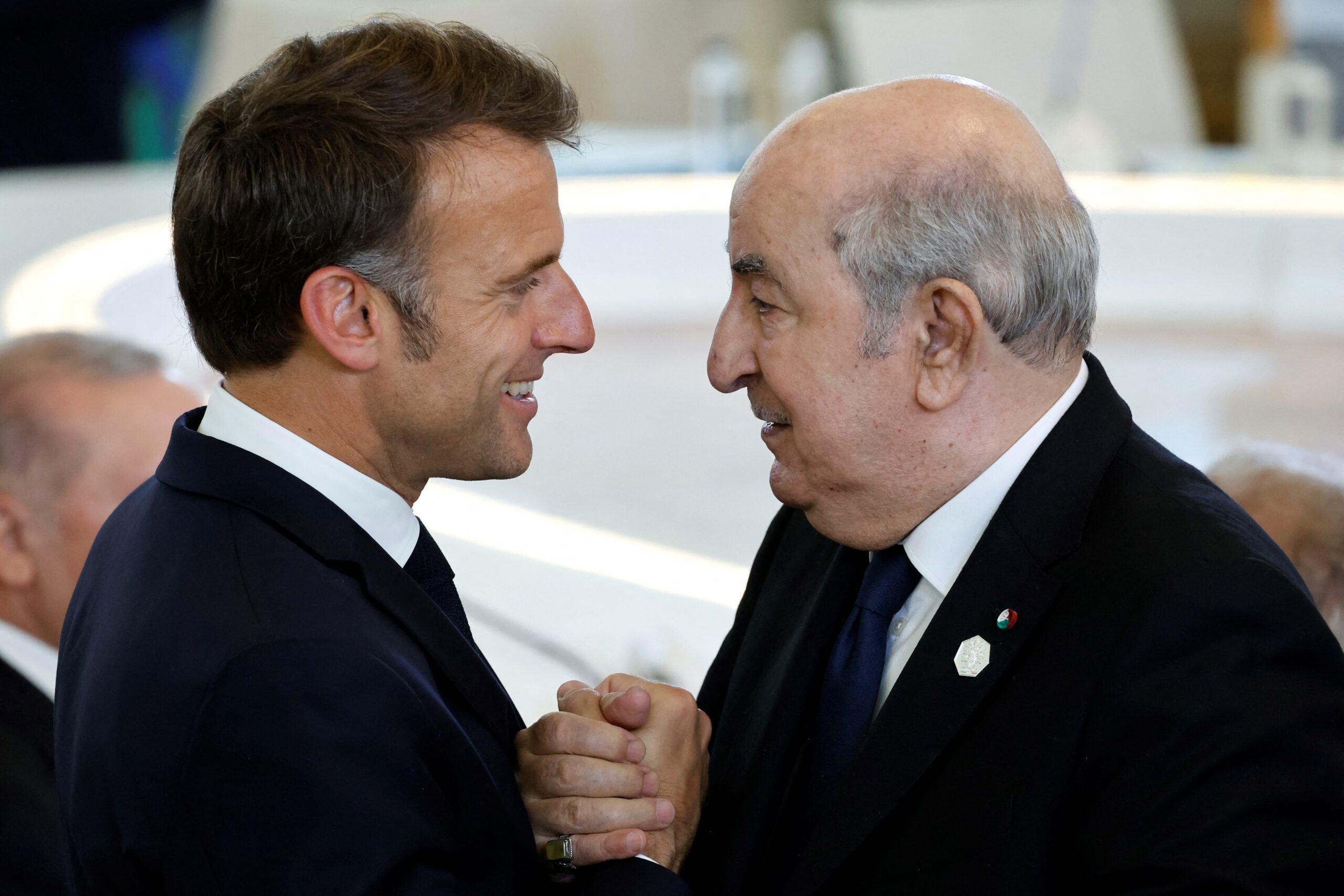
Introduction: A Bilateral Relationship Under Strain?
Why do France and Algeria maintain such a tumultuous relationship, even 60 years after Algeria’s independence? Current tensions, marked by diplomatic clashes and memory conflicts, reflect either an inability to move forward or a political instrumentalization on both sides. This analysis explores the roots of these tensions, their current impact, and future prospects, grounded in facts and expert insights.
A Burdensome Memory: From Recognition to Politicization
The Algerian War remains a sensitive point in Franco-Algerian relations. Emmanuel Macron initiated efforts for historical recognition, describing Maurice Papon’s crimes as “unpardonable” and acknowledging the assassination of Larbi Ben M’hidi by the French army. However, these gestures, while appreciated by some, are deemed incomplete by Abdelmadjid Tebboune, who calls for more explicit recognition of the French state’s responsibility.
A 2021 report by Benjamin Stora recommended creating a joint memory commission and fostering cultural cooperation. Yet, many of these proposals remain unfulfilled, exacerbating tensions. Historian Sylvie Thénault notes, “Colonial memory remains a politically exploited issue on both sides of the Mediterranean, delaying genuine reconciliation” (Le Monde, 2023).
Economic and Diplomatic Pressure Points
Economic issues intensify historical differences. France’s official support for Morocco’s autonomy plan for Western Sahara triggered a strong reaction from Algeria, which sees this move as a betrayal. According to Jeune Afrique (2024), “this position reflects a strategy of economic rapprochement with Rabat but complicates relations with a key actor like Algeria.”
On the energy front, Algeria remains a crucial supplier for France and Europe. In 2023, data from the International Energy Agency revealed that Algeria supplied nearly 15% of the liquefied natural gas (LNG) consumed by the European Union, reinforcing its strategic role. However, political tensions jeopardize this mutual dependency.
Domestic Issues and Mutual Instrumentalization
In France, issues related to Algeria are frequently politicized for domestic gains, particularly by right-wing and far-right factions. Figures such as Bruno Retailleau have proposed visa restrictions on public order grounds, directly affecting Franco-Algerian relations. This strategy aims to mobilize parts of the electorate around identity issues.
In Algeria, President Tebboune leverages these tensions to bolster his internal authority amid criticism over corruption and purchasing power. According to Dalia Ghanem, a political scientist at Carnegie Middle East, “Anti-French rhetoric is a traditional tool to consolidate national unity in Algeria, especially during economic crises.”
An Asymmetric but Interdependent Relationship
Despite differences, France and Algeria remain interdependent. In terms of security, cooperation in the Sahel region is crucial for countering terrorist threats. A 2024 report by the French Institute of International Relations (IFRI) highlights that “Algeria is an indispensable partner for stabilizing the Sahel, but political divergences with France weaken the effectiveness of this collaboration.”
Moreover, Algerian gas supplies are vital in the context of tensions with Russia. France, seeking to diversify its energy sources, cannot afford a complete rupture. However, the lack of constructive dialogue threatens these strategic partnerships.
Conclusion: What Path Forward?
The Franco-Algerian conflict illustrates the difficulty of reconciling memory with political pragmatism. To break the deadlock, a depoliticized and constructive dialogue is essential, particularly on memory and economic issues. France must clarify its intentions on sensitive issues such as Western Sahara, while Algeria should adopt a less defensive stance toward its partners.
Open Questions: Can this tumultuous relationship be transformed into mutually beneficial cooperation? How could international actors, such as the European Union or the United Nations, facilitate sustainable reconciliation? Can global energy dynamics serve as a lever to ease tensions?
© 2025 – Odon Bulamba / ADR